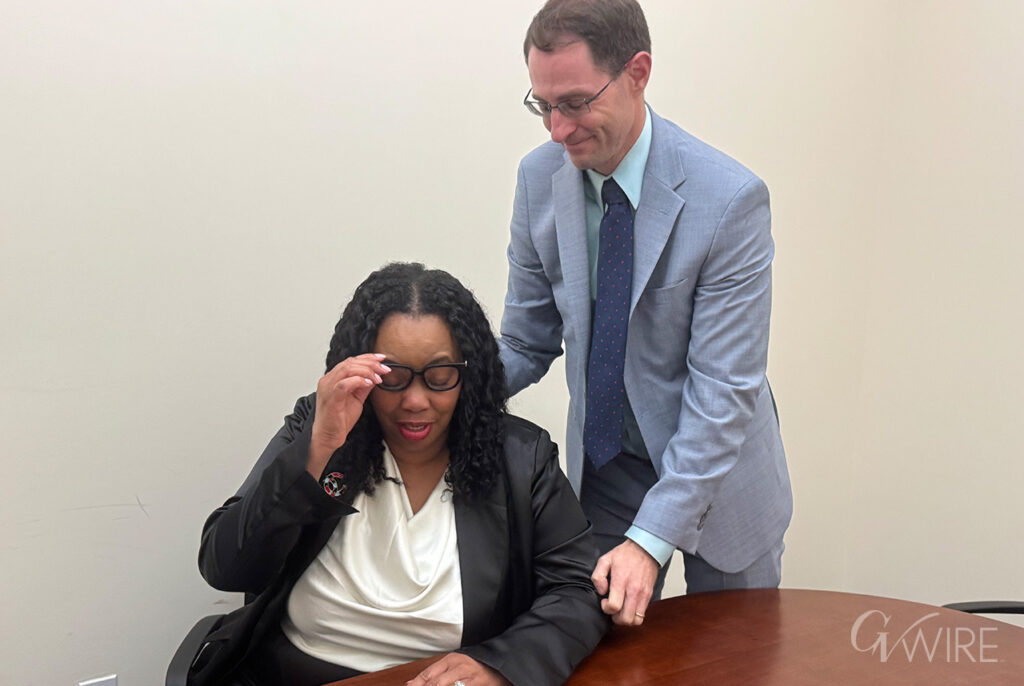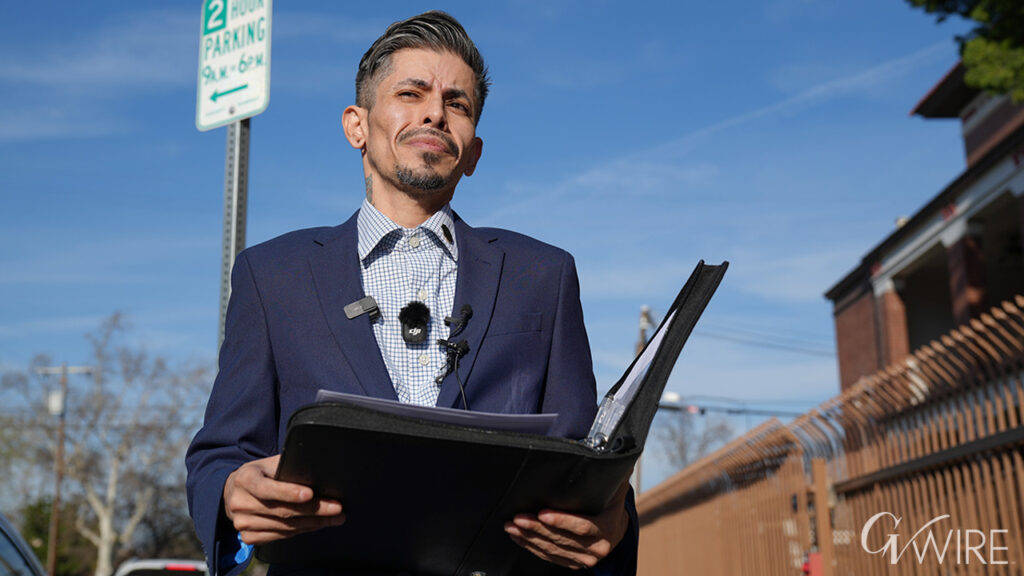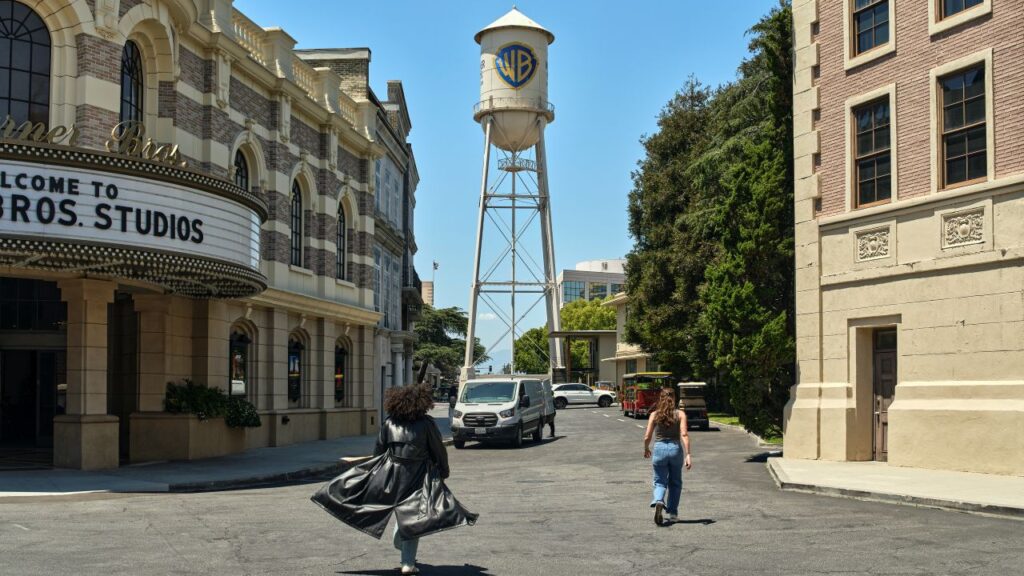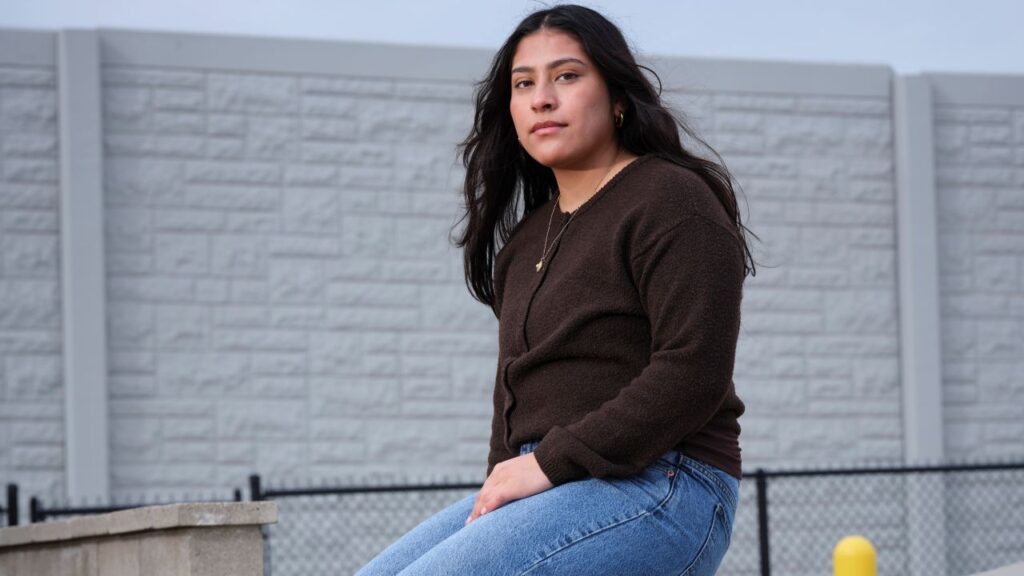Share
Neighborhoods struggling with physical decline and high crime often become safer simply when local residents work together to fix up their neighborhood.
My colleagues and I at the University of Michigan School of Public Health Youth Violence Prevention Center have spent nearly a decade documenting why. Research from cities across the United States shows how small changes to urban environments — like planting flowers or adding benches — reduce violence.

Opinion
Marc A. Zimmerman
From Broken Windows to Busy Streets
Busy streets flips the logic of the broken windows theory – a controversial criminological approach to public safety – on its head. Broken windows defenders see urban disorder in U.S. cities – graffiti, litter, actual broken windows and the like – as a catalyst of antisocial behavior. So they direct police to crack down on minor offenses like vandalism, turnstile jumping and public drinking.
Proponents of busy streets theory, on the other hand, believe it’s better for neighborhoods to clean up and maintain their own city streets.
Our research in Flint, Michigan – a once prosperous manufacturing hub near Detroit that’s now synonymous with industrial decline, unemployment and crime – documents this process in action.
Flint’s median income today is less than US$26,000, and more than half of families with children live in poverty. It lost 27 percent of its residents since 1990, U.S. census data shows. Nearly 1 in 5 homes is vacant. Crime followed this cycle of abandonment and decay, as it has in postindustrial cities across the Rust Belt. Flint now has the second-highest homicide rate among U.S. cities with populations under 100,000, after Gary, Ind.
In 2012, the University Avenue Corridor Coalition – a group of residents, businesses and two local colleges – decided to try to prevent crime by fixing up a 3-mile stretch of University Avenue running through the Carriagetown neighborhood of central Flint. We began measuring their results in 2014.
The group started holding frequent neighborhood cleanup days to fix up vacant lots and abandoned buildings, symbolically “owning” them by adding lighting, sidewalk repair, benches and plantings. The owners were usually happy to allow neighbors to fix up their private property for free. Sometimes, they even pitched in.
Those changes, we observed, inspired other homeowners and businesses on this flat, three-lane road to spruce up their properties, too – what one local resident called the “spreading effect of pride.”
“I think that people really just needed to see that, ‘Hey, somebody does care about this other than just us,‘” said a coalition member.
The group also successfully pushed to get a local corner liquor store – dubbed the “Stab ‘n’ Grab” because fights broke out there so often – transformed into a Jimmy John’s sandwich shop. That may sound like just another chain restaurant, but in this part of Flint there are few businesses and almost nowhere else to eat. A new sandwich shop was a huge development.

Busy Streets Have Less Crime
These surface-level environmental changes turned out to have profound economic and societal effects on this part of central Flint.
We surveyed residents there in 2014 – before the intervention began – as well as in 2016 and 2017. We are now preparing the results of the Flint study for publication in an academic journal, but here’s a snapshot of our findings.
Over time, community members reported fewer mental health problems, said they’d been victims of crime less often, and felt less afraid. That’s probably because crime did go down along the University Avenue Corridor: According to the coalition’s latest report, assaults decreased 54 percent, robberies 83 percent and burglaries 76 percent between 2013 and 2018.
To test the connection with the coalition’s work, we compared this area to a control group of Flint neighborhoods that had suffered similar levels of disinvestment and urban decay. We learned that places where empty lots were being maintained by the community had nearly 40 percent fewer assaults and violent crimes than untouched vacant lots.
This finding is similar to data from other cities. From 1999 to 2008, for example, the city of Philadelphia cleaned up 4,436 vacant lots, signaling “ownership” with fencing, benches, plantings and the like. Gun assaults in areas where the interventions occurred dropped by 29 percent over three years. Nuisance crimes like loitering and vandalism declined 30 percent.
Philadelphia also saw economic gains from maintaining empty land and fixing up abandoned properties. According to an economic analysis published in the American Journal of Public Health in 2016, for every dollar spent reoccupying an abandoned building, taxpayers saved $5 in potential criminal justice costs. Cleaned-up vacant lots saved the city even more: $26 per dollar spent.
People in areas of Philadelphia with newly greened lots also reported exercising more and experiencing less stress, presumably because they felt more comfortable being outside.
Resilient Cities
One likely reason that crime drops after joint neighborhood improvement projects is community engagement. Residents in the University Corridor intervention area reported participating more in neighborhood watches, block associations and community events than in the area where residents didn’t undertake improvement projects.
In other words, when neighbors work together to clean up, say, an empty lot, they don’t just eliminate the kind of dark, empty place that lends itself to criminal activity. There are spin-off effects, too.
Nicer public spaces encourage more people to spent time in those places, which helps neighbors get to know each other. And when people know each other, they look out for each other, monitoring activity in their neighborhood more closely. Streets get busy.

Role of the Police
Based on our surveys, University Corridor residents were also more willing to report crimes to the police after the 2013 intervention began.
This was critical in this mostly African-American neighborhood, where many people expressed mistrust in local law enforcement. They said officers were “never around when you need them.”
Indeed, Flint’s police department – overworked and underfunded – was called “broken” in a Feb. 25, 2018, New Yorker article.
So when Kettering University, one of two partner colleges in the University Corridor coalition, got a grant that financed more police presence in the area, many locals said they were grateful.
Police can lay the foundation for neighborhood revitalization efforts to succeed. The aim is not to aggressively flood high-crime areas with police – as cities like New York and Newark did in their broken windows days – but rather to increase foot patrols. This shows residents that the city cares about their neighborhood and their safety.
But law enforcement is not the main reason “busy streets” work to prevent crime. Rather, after years of studying community resilience, I believe that locally driven revitalization projects make troubled neighborhoods safer because they recognize residents not as victims but as agents of change.
Together, neighbors help people rebuild the kind of economic and social fabric that keeps communities healthy.
 This article has been updated to more accurately reflect Flint’s current population size and homicide rate.
This article has been updated to more accurately reflect Flint’s current population size and homicide rate.
Marc A Zimmerman, Professor, University of Michigan
This article was originally published on The Conversation. Read the original article.
Categories


















